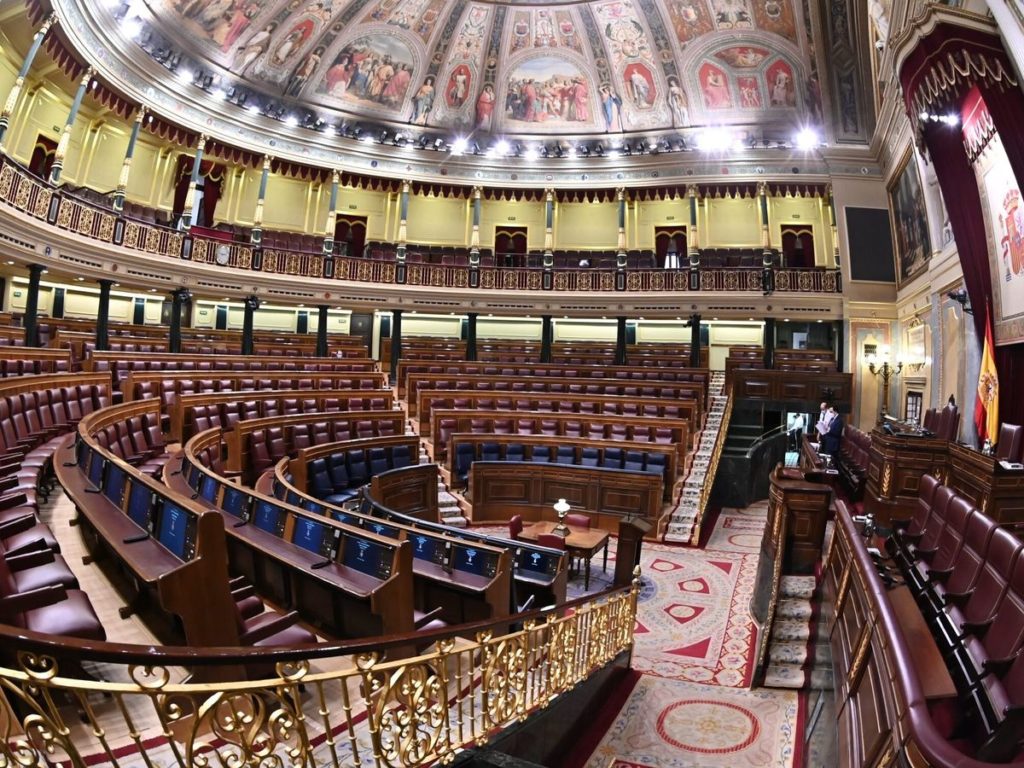
By: Sebastian Mariz, Managing Director of Influence Spain
.
The conservative popular party won Sunday’s regional and municipal elections with a landslide, increasing its voting base by almost 800,000 votes and obtaining more than 31% of the municipal votes versus 28% obtained by the socialists. The conservative party took many of the regional and municipal governments formerly led by the socialists, including the regional governments of Valencia, the Baleares and the Canary Islands and leaving most of Spain painted in blue.
Prime Minsiter Mr. Pedro Sánchez had framed these elections as a referendum on his leadership, his coalition Government and his policy agenda focused on greater market intervention, more social services especially for vulnerable groups and higher taxation on corporations. The political earthquake registered yesterday toppled his coalition Government, virtually erasing his communist junior partner from the political map along with many of his environmental, pro-independence and far-left partners in the Baleares and Valencia. Left with nowhere to turn, a dead coalition and no margin to maneuver politically in the six months remaining until the general elections set for the 10th of December, the PM called for early elections to be held on the 23rd of July.
This means a freeze on any further political and legislative activity until after the 23rd of July, and probably until September, when a new Government is formed. This legislative freeze includes legislation currently being debated and voted on in the Senate and the Parliament, such as the draft Law on Sustainable Mobility and the draft law on gender parity in corporate boards and institutional bodies. Both houses will be dissolved at the end of June. Adoption of new climate change and renewable energy targets under a modified national climate and energy plan, set for June, may also be delayed, as will any further decisions regarding renewable energy projects, and the spending of EU recovery and resilience funds.
The Spanish Presidency of the European Council, beginning on the 1st of July, is also at stake and will remain headless until a new Government is formed. The Council agenda set by the current Government runs the risk of capsizing unless the PM is able to win with an absolute majority or revalidate his current coalition Government on the 23rd of July. A change of Government, with the conservative popular party winning the general elections, would also mean a change in the Spanish Presidency agenda priorities.
For the Spanish Presidency of the European Council, this means delays in reaching a European Pact on Migration and Asylum and the temporary reception of Ukrainian refugees until 2025, and an end to Spanish demands regarding the permanent decoupling of gas from the electricity spot market and/or the end of the electricity spot market all together, delays in the adoption of an EU regulatory framework for Artificial Intelligence, a shift towards a tougher EU position on economic sovereignty and international trade and cooler relations with the United States and China. The EU-LATAM Summit will still take place but under a caretaker Government and with little to no guidance from the Spanish Presidency.
.
Every month, Influence Spain provides a look at Spanish current affairs. For more information, join our social media profiles on Twitter and LinkedIn.

